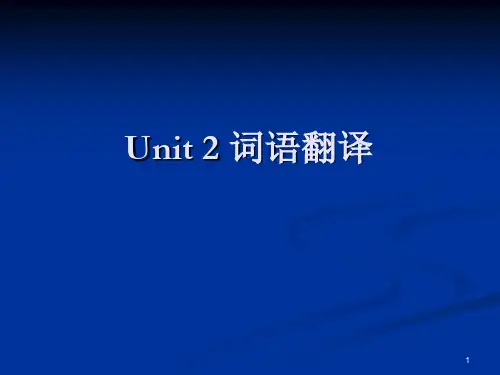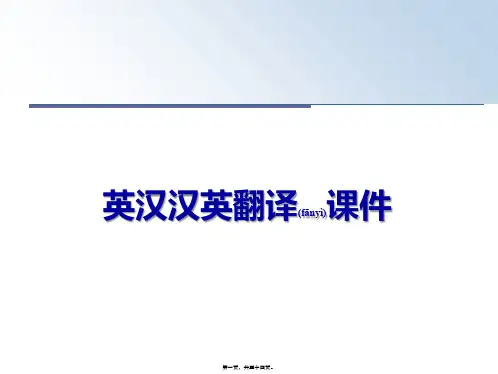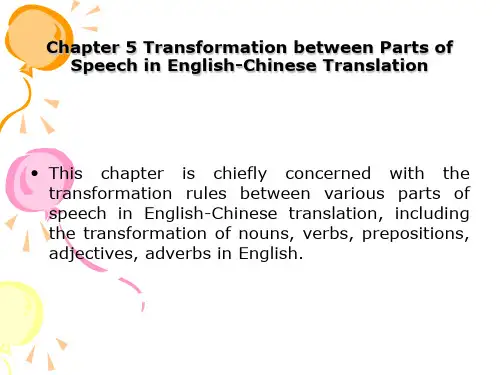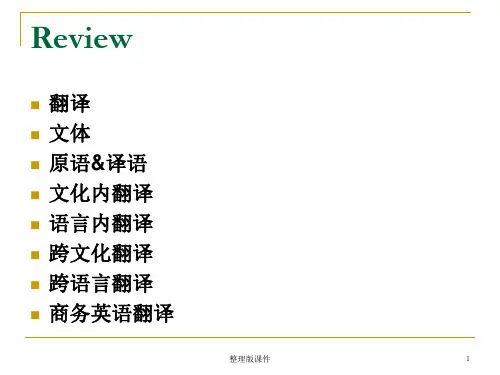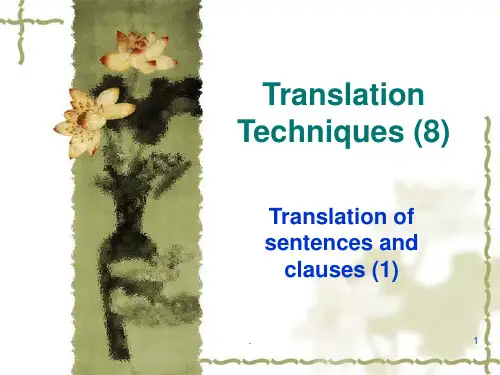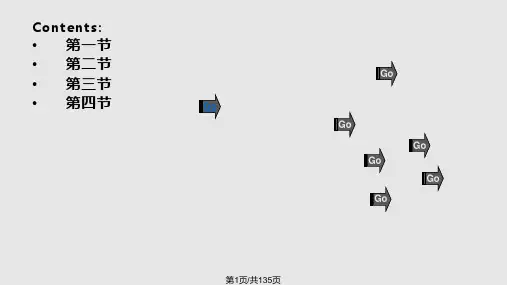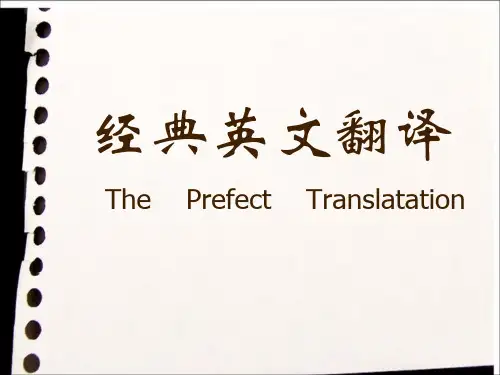• (3)When some nouns derived from verbs by adding such suffixes as –er or-or do not really indicate identity or some certain profession but imply much more than the meaning of a verb , we are supposed to transform such nouns into verbs to make our translation be in better keeping with the expression habits of the Chinese Language. • (英语中有些加后缀 -er/-or的名词,有时并不表示职 业和身份,而是含有较强的动作意味,在汉语中没有 恰当的对应名词,往往可以译成汉语的动词), e.g. • teacher, forgiver, briefer( 摘 要 ; 案 件 陈 述 ), advocator.
• 4) prepositions like across, past, against, toward are often transformed into Chinese verbs • (译成汉语时可以与汉语动词转换),e.g. • ①They will surely rise against their oppressors. • 他们一定会起来反抗压迫他们的人。 • ②To do this was quite beyond my power. • 办这件事完全超过了我的权力。 • ③“Coming!” Away she skimmed over the lawn, up the path, up the steps, across the veranda, and into the porch. • “来啦! ”她转身蹦着跳着的跑了,越过草地,跑上小径, 跨上台阶,穿过凉台,进了门廊。
